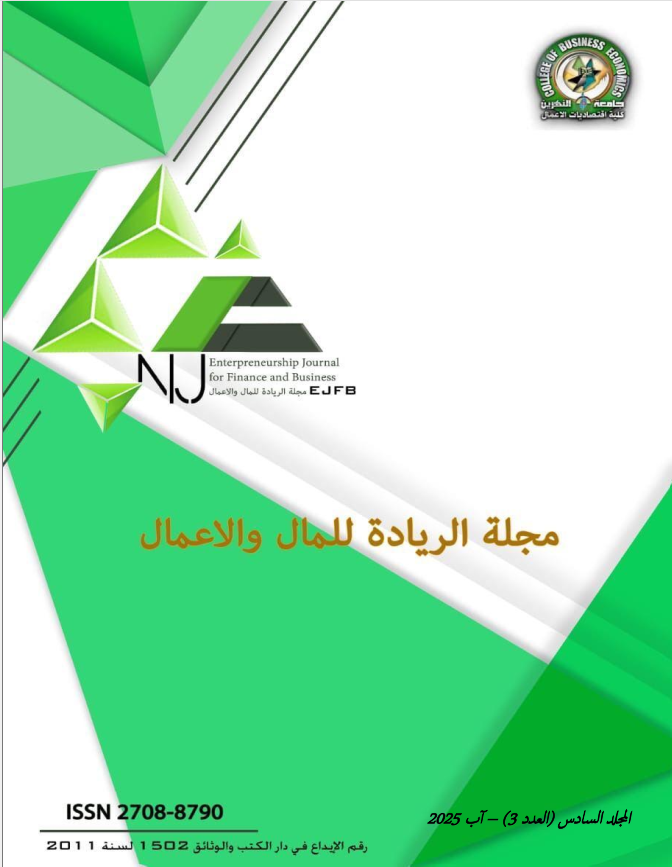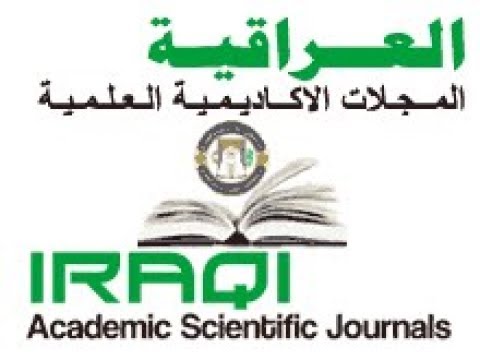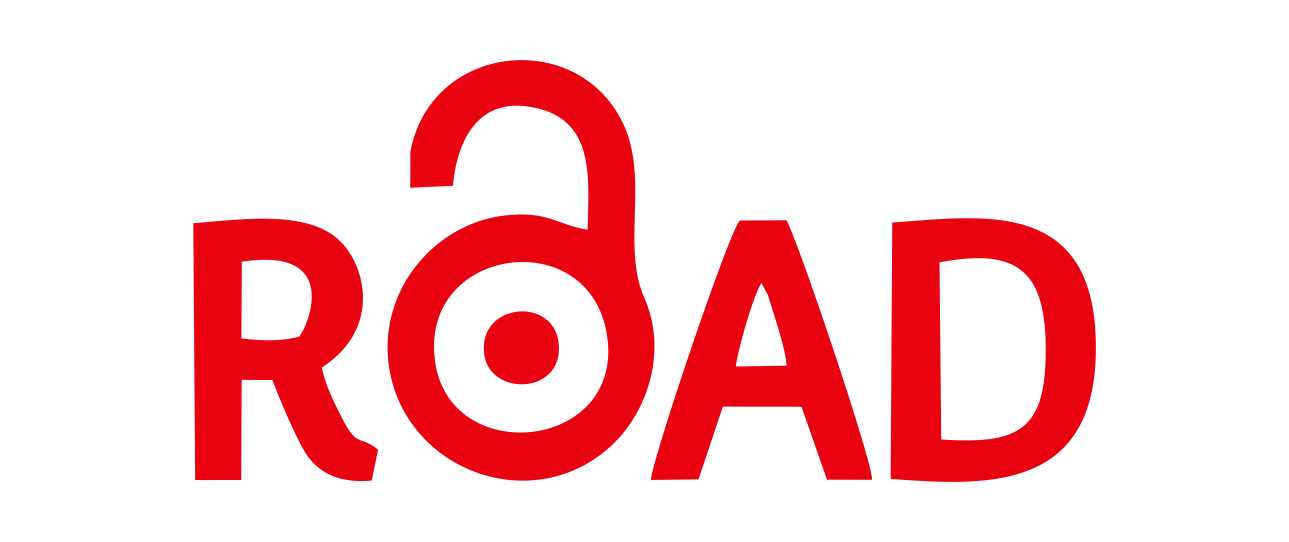Measuring the impact of fair value indicators on investment efficiency: An analytical study of extractive and mining industry companies listed on the Amman stock exchange
DOI:
https://doi.org/10.56967/ejfb2025538Keywords:
fair value indicators, investment efficiency, extractive and mining industry companies, Amman stock exchangeAbstract
This study aimed to measure the impact of fair value indicators (net realizable selling value, asset replacement cost, net future cash flows) on investment efficiency as measured by the market value per-share to earnings per share model and the deviation from the expected investment model. The study followed a descriptive analytical approach to interpret the relationship between its variables. The study population consisted of extractive and mining industry companies listed on the Amman Stock Exchange for the fiscal years (2019-2023), totaling (7) companies. To analyze the data and test the hypotheses, the following statistical methods were used: (descriptive statistics, test for stationarity in time series, Durbin-Watson test, Hausman test, multiple linear regression, simple linear regression), relying on the statistical software (EViews).
The study concluded that there is a positive impact of fair value indicators (net realizable selling value, net future cash flows) on investment efficiency as measured by the market value per-share to earnings per share model, while they had a negative impact on investment efficiency as measured by the deviation from the expected investment model. Additionally, the study found that the asset replacement cost has a positive impact on investment efficiency as measured by the deviation from the expected investment model, and a negative impact on investment efficiency as measured by the market value per-share to earnings per share model.
Based on the results of this study, the researchers concluded with several recommendations, the most important of which were: the necessity for extractive and mining industry companies listed on the Amman Stock Exchange to expand their disclosure of financial information related to fair value indicators with clarity and transparency to attract investors and gain their trust.
Downloads
Downloads
Published
How to Cite
Issue
Section
License
Copyright (c) 2025 احمد ناجي حسنية، كريم حسين نصير، احمد علي عبيد

This work is licensed under a Creative Commons Attribution 4.0 International License.
This is an Open Access article distributed under the terms of the creative commons attribution (CC BY) 4.0 international license which permits unrestricted use, distribution, and reproduction in any medium or format, and to alter, transform, or build upon the material, including for commercial use, providing the original author is credited.










